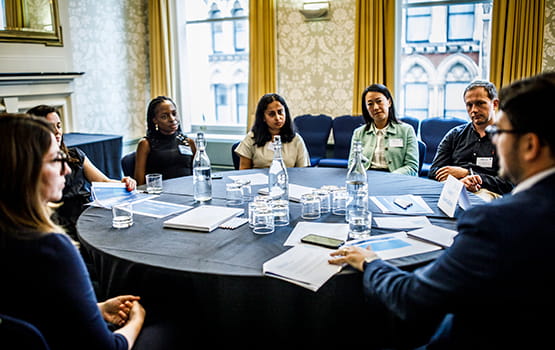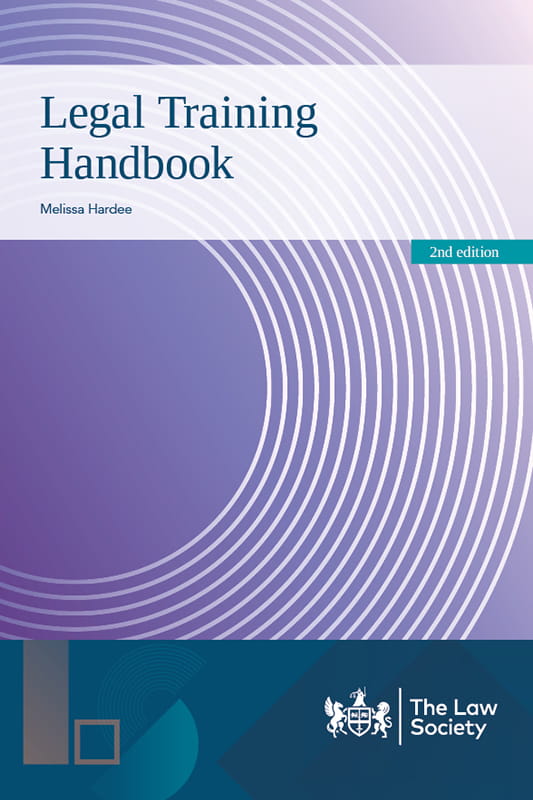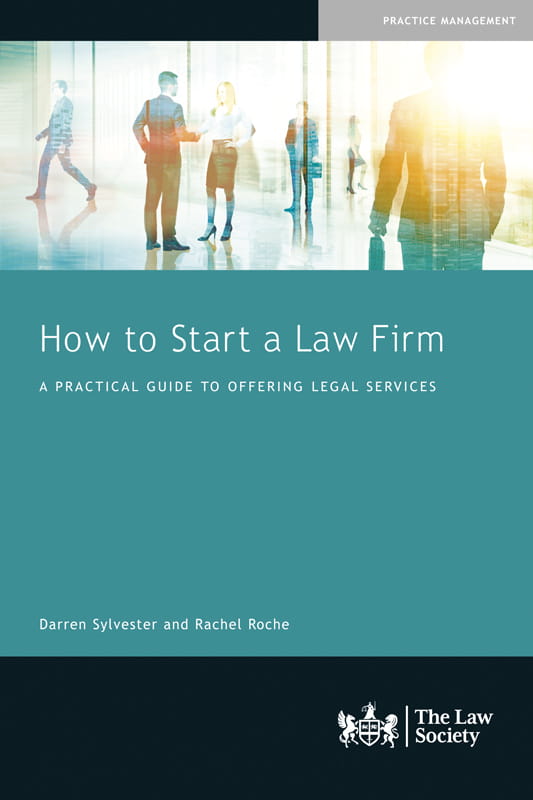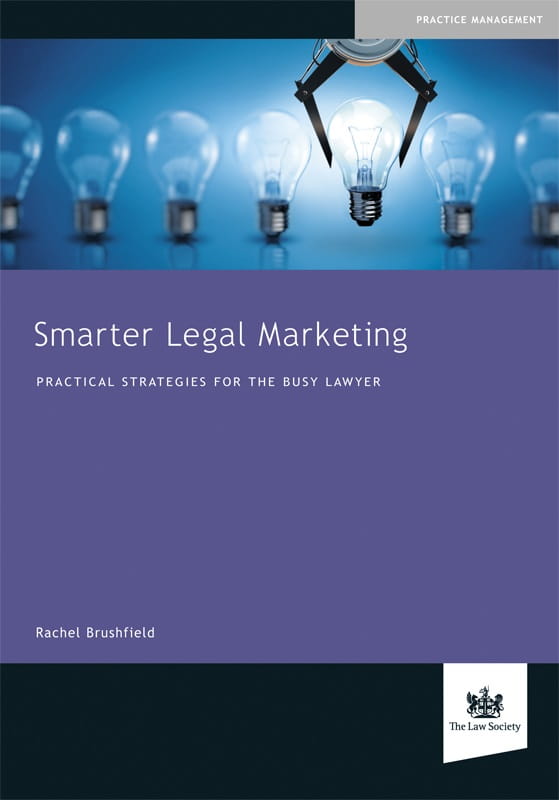
Diversity and inclusion (D&I) framework
This three-step framework encourages you to take a systematic approach and embed D&I in a way that has a lasting impact.



Beginning your organisation’s digital accessibility journey
Use our guidance to improve disability inclusion with digital accessibility.
All resources
- A guide to disability terminology and language21 Nov 2024
- Beginning your organisation’s digital accessibility journey16 May 2024
- Brexit and the legal profession05 Aug 2025
- Disability and neurodivergence in the solicitor profession13 Aug 2025
- EU mobility after Brexit: practice rights and rules in EU 27 member states28 Jul 2021
- Ethnicity pay gap: what you need to know28 Jan 2025
- Experiencing menopause in the legal profession27 Aug 2020
- Gender pay gap reporting: setting the standard for the profession10 Apr 2025
- Hiring an apprentice: information for solicitors and law firms30 May 2025
- How to approach Solicitors Qualifying Exam fails: guide for employers09 Sep 2024
- How to boost social mobility in your law firm11 Aug 2022
- Qualifying work experience (QWE)08 Oct 2025
- Qualifying work experience for paralegals05 Aug 2021
- Race and ethnicity inclusivity in the workplace: top tips for retention and progression02 May 2025
- Recommended minimum salary for trainee solicitors and SQE candidates22 Jul 2025
- Solicitors on demand: legal secondments02 Oct 2020
- Stress and mental health17 Oct 2025
- Supervision: good practice for remote supervision of junior staff and trainee solicitors29 Jul 2024
- Support for solicitors facing disciplinary investigation and enforcement29 Oct 2025
- Supporting wellbeing in the workplace: guidance for best practice09 Oct 2019
- Talking about race and ethnicity at work30 Jul 2025
- The in-house solicitor and ethical organisational culture06 Nov 2025
- Travelling to the EU on business after Brexit05 Aug 2025
- Understanding workplace harassment18 Oct 2024
- Using pronouns in the workplace30 Mar 2021
- Whistleblowing as an in-house solicitor27 Oct 2025
- Work experience placements: best practice guidance for employers01 Oct 2024
- Workplace harassment: guidance for employers18 Oct 2024
- Annual statistics report 202022 Mar 2022
- Annual statistics report 202121 Sep 2022
- Annual statistics report 2022: what does the solicitor profession look like?07 Dec 2023
- Annual statistics report 202323 Jan 2025
- Attitudes towards lawtech adoption28 Jun 2023
- Forecasting economic activity levels in the legal activities sector09 Sep 2021
- From Caernarfon to Caerdydd: Reimagining Justice in Wales 203005 Sep 2024
- Gender pay gap reporting: what can we learn from the 2020 snapshot?09 Dec 2021
- Horizon scanning: what should your business look out for in the next 10 years?27 Mar 2022
- Our world in 2050: what lies ahead for you and your business?27 Mar 2022
- Pride in the law: experiences of the LGBT+ community within the legal profession15 Sep 2021
- Race for inclusion: the experiences of Black, Asian and minority ethnic solicitors09 Dec 2020
- Strategic sector insights for the legal profession in 2025: mid-sized firms20 Jan 2025
- Strategic sector insights for the legal profession in 2026: mid-sized firms19 Jan 2026
- The economic contribution of legal services 202428 Nov 2024
- The impact of COVID-19 on disabled people in the legal profession02 Nov 2020
- The results are in: how do solicitors feel about their profession? 06 Apr 2023
- Implementing whistleblowing arrangements03 Jun 2025
- Non-disclosure agreements and confidentiality clauses in an employment law context12 Dec 2019
- Outsourcing07 Sep 2023
- PAYE06 Apr 2009
- Raising concerns and whistleblowing: guidance for staff29 Apr 2025
- Reorganising your business: Employment law implications25 Jul 2016
- Social media30 Oct 2025
- Solicitors Regulation Authority (SRA) powers of investigation25 Jun 2025
- Supervision01 Oct 2025
- How should a firm manage qualifying work experience records?27 Jan 2025
- Mazur: answering your questions29 Jan 2026
- Compliance calendar for small law firms27 May 2025
- Disability inclusion in law firms and legal teams18 Aug 2025
- Fair recruitment toolkit05 Feb 2016
- Male champions for change toolkit28 Jan 2025
- Model whistleblowing policy template27 Oct 2025
- Project Rise – a part-time training initiative20 Aug 2024
- Protection for solicitors against targeted attacks13 Sep 2024
- Template contract amendment letter for in-house solicitors27 Oct 2025
- Template job description for in-house solicitors14 May 2025
- Transition and change to gender expression template27 May 2025
- Voluntary code of recruitment for trainee solicitors17 Dec 2015
- Women in Law Pledge04 Apr 2022
- Level 7 solicitor apprenticeships funding28 May 2025
- Solicitors Qualifying Exam (SQE)23 Jan 2025
- What’s new in the in-house ethics framework27 Oct 2025
The Law Society is the independent professional body for solicitors. Our vision is to promote, protect and support solicitors, the rule of law and justice in England and Wales.
Maximise your membership
My LS gives you access to the latest news, events, books and resources to help you excel within your practice.
Leadership and Management Section
Our Leadership and Management Section is a community for partners and practice managers. We provide you with support and guidance through our magazine, webinars and events.
Tier 5 GAE Scheme
If your firm wants to bring workers into the UK on a temporary basis it will need to join the Tier 5 Government Authorised Exchange (GAE) Scheme.




